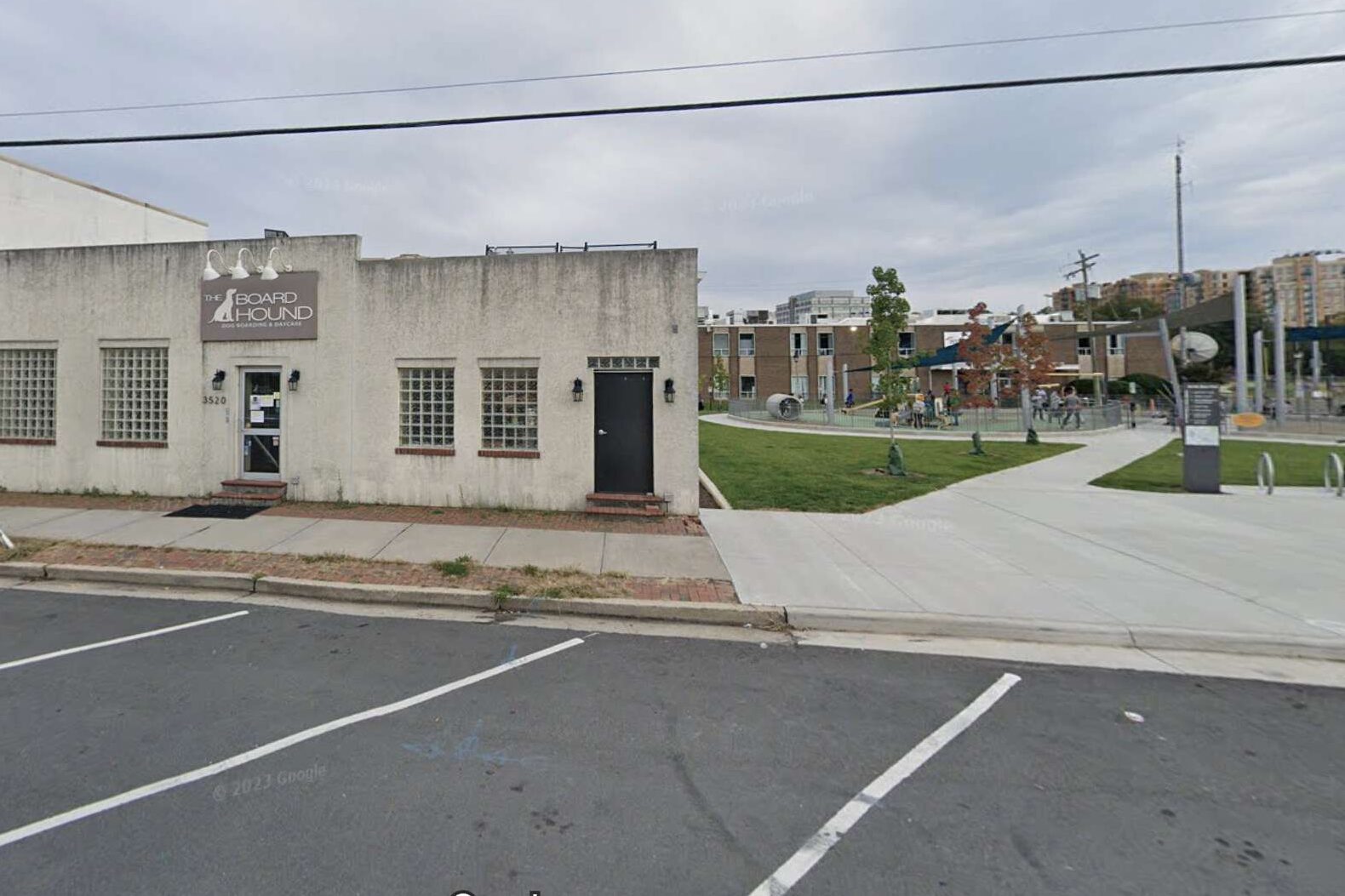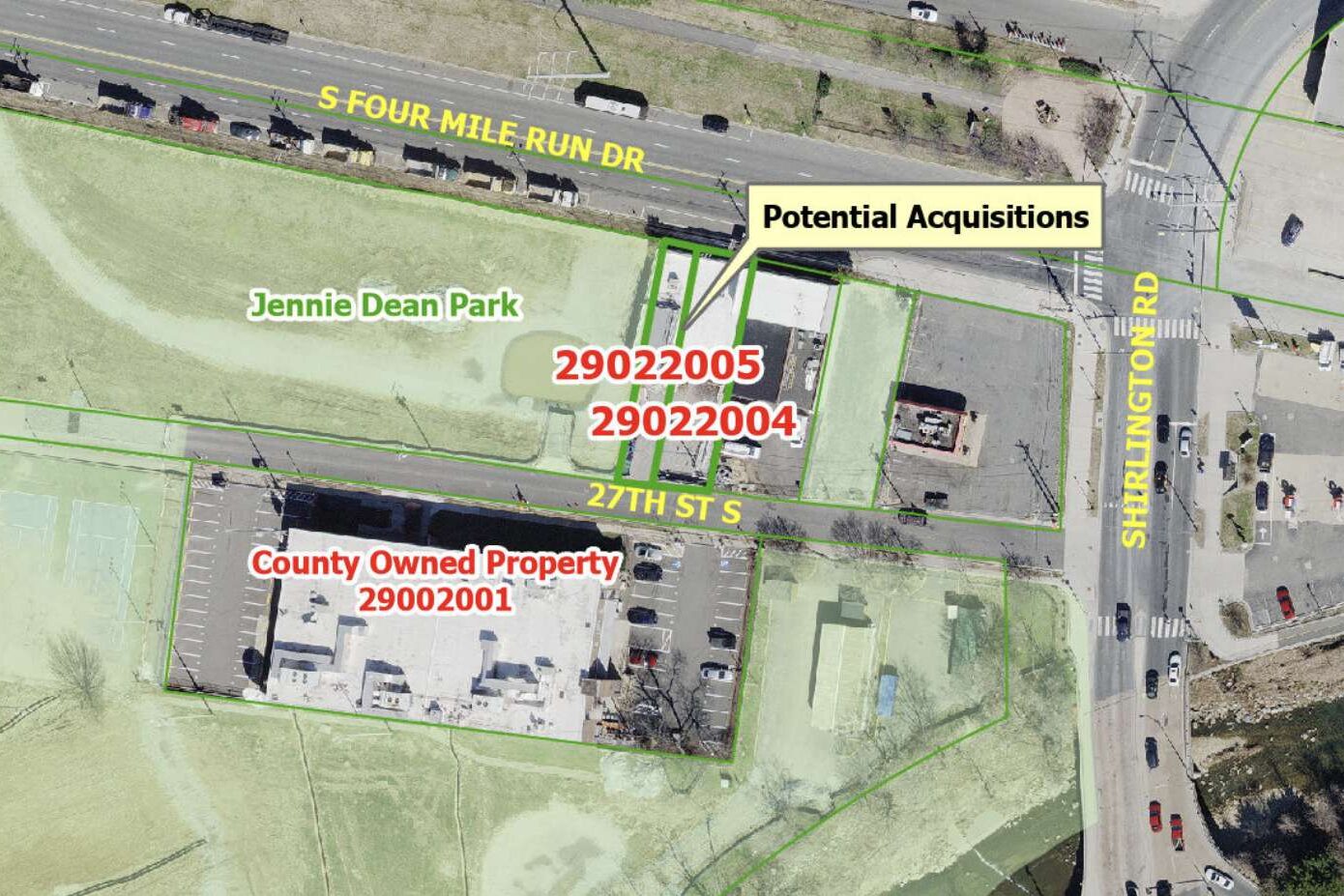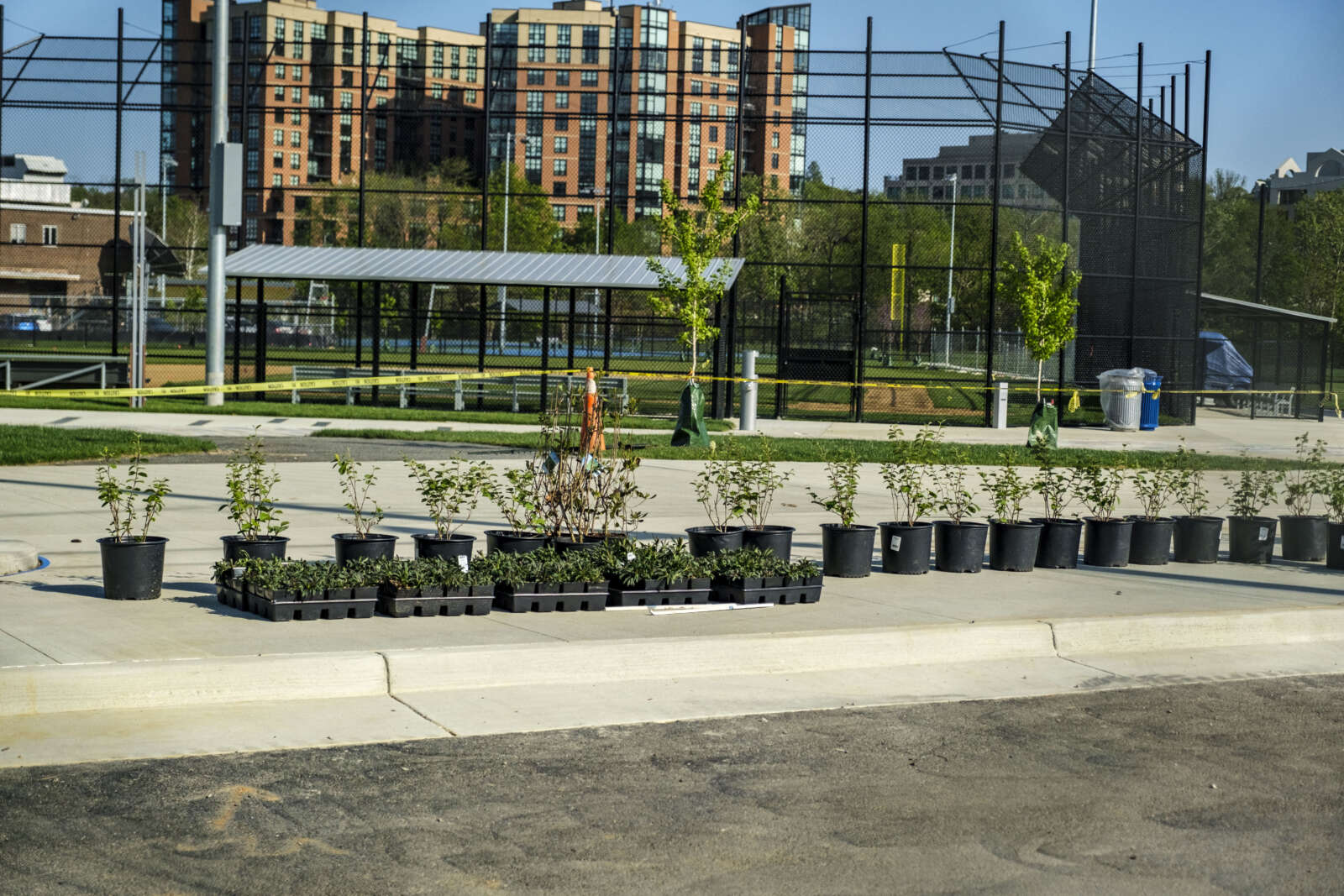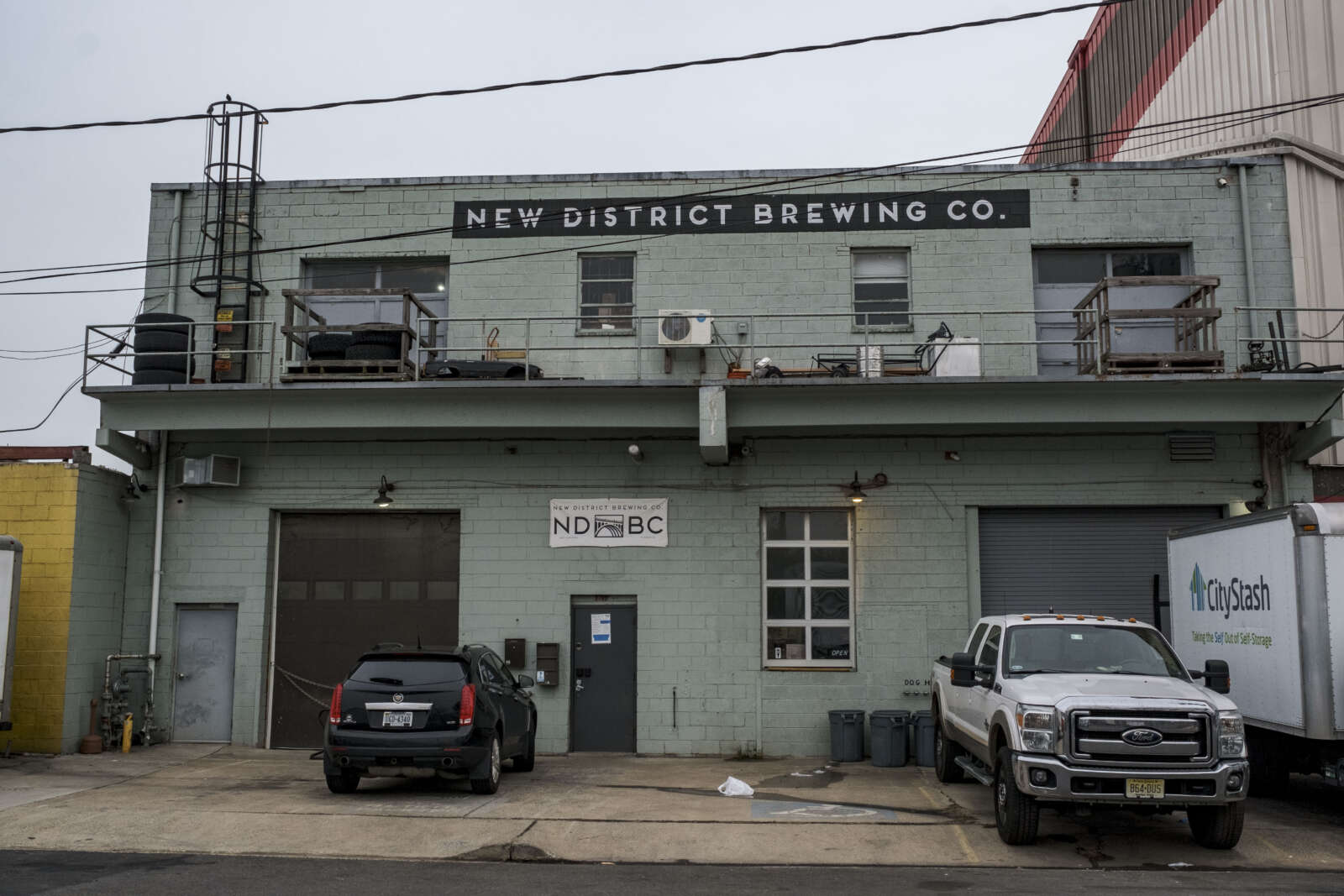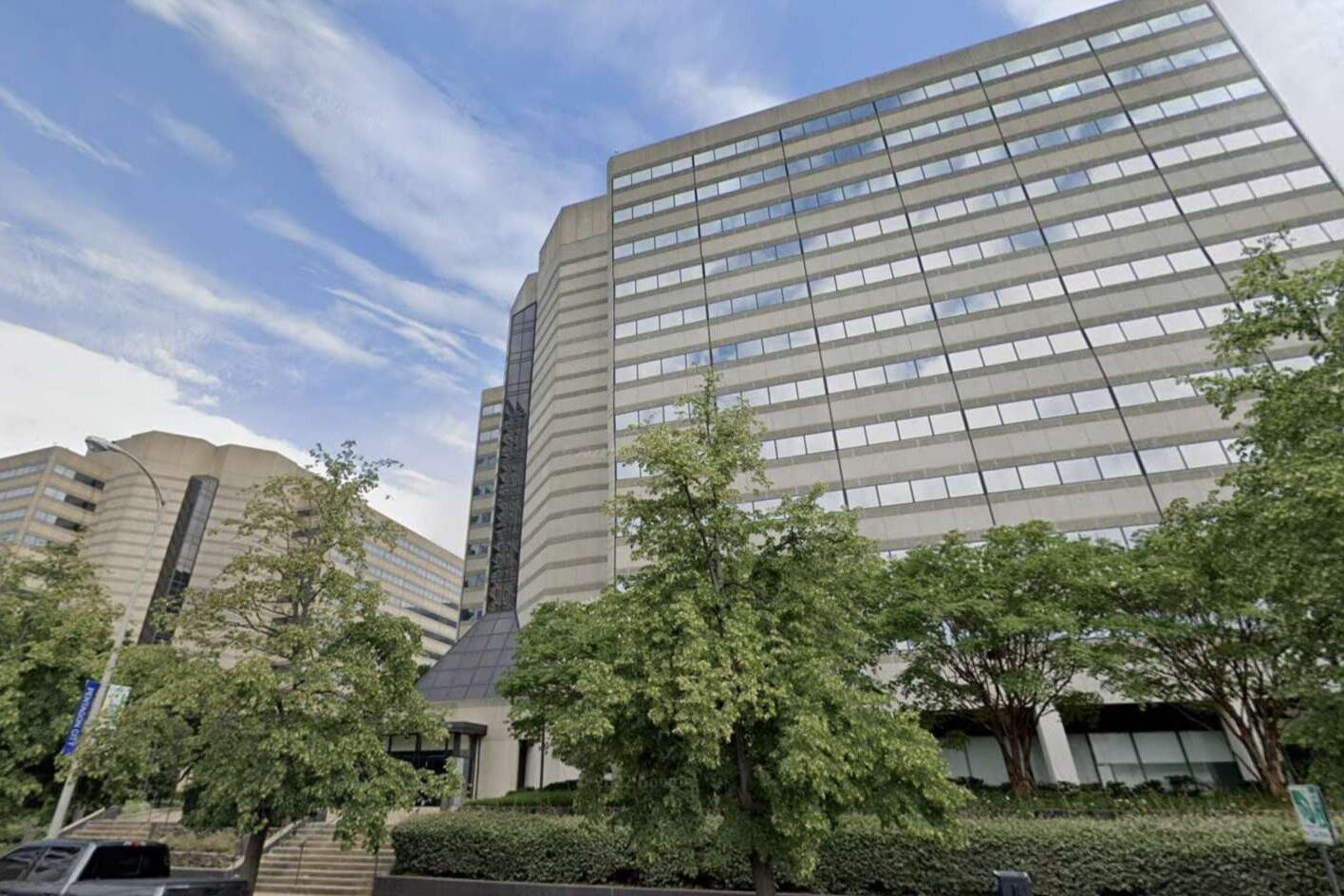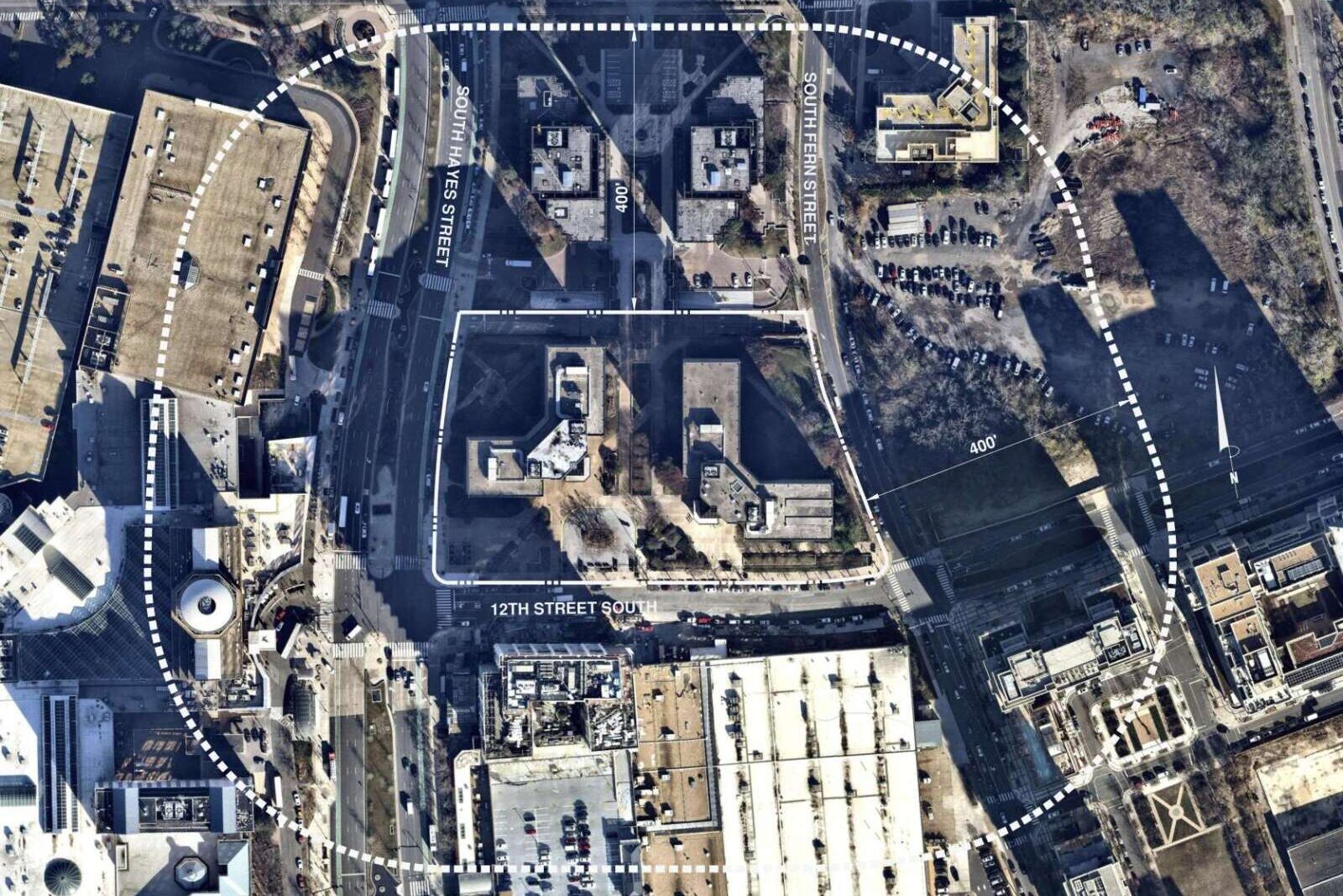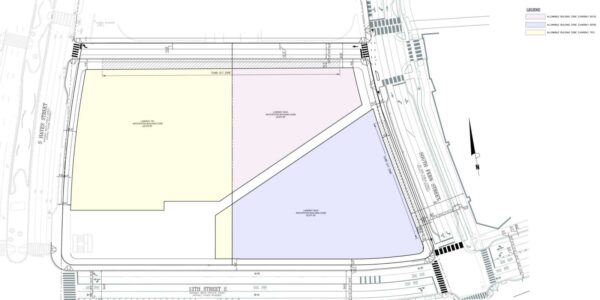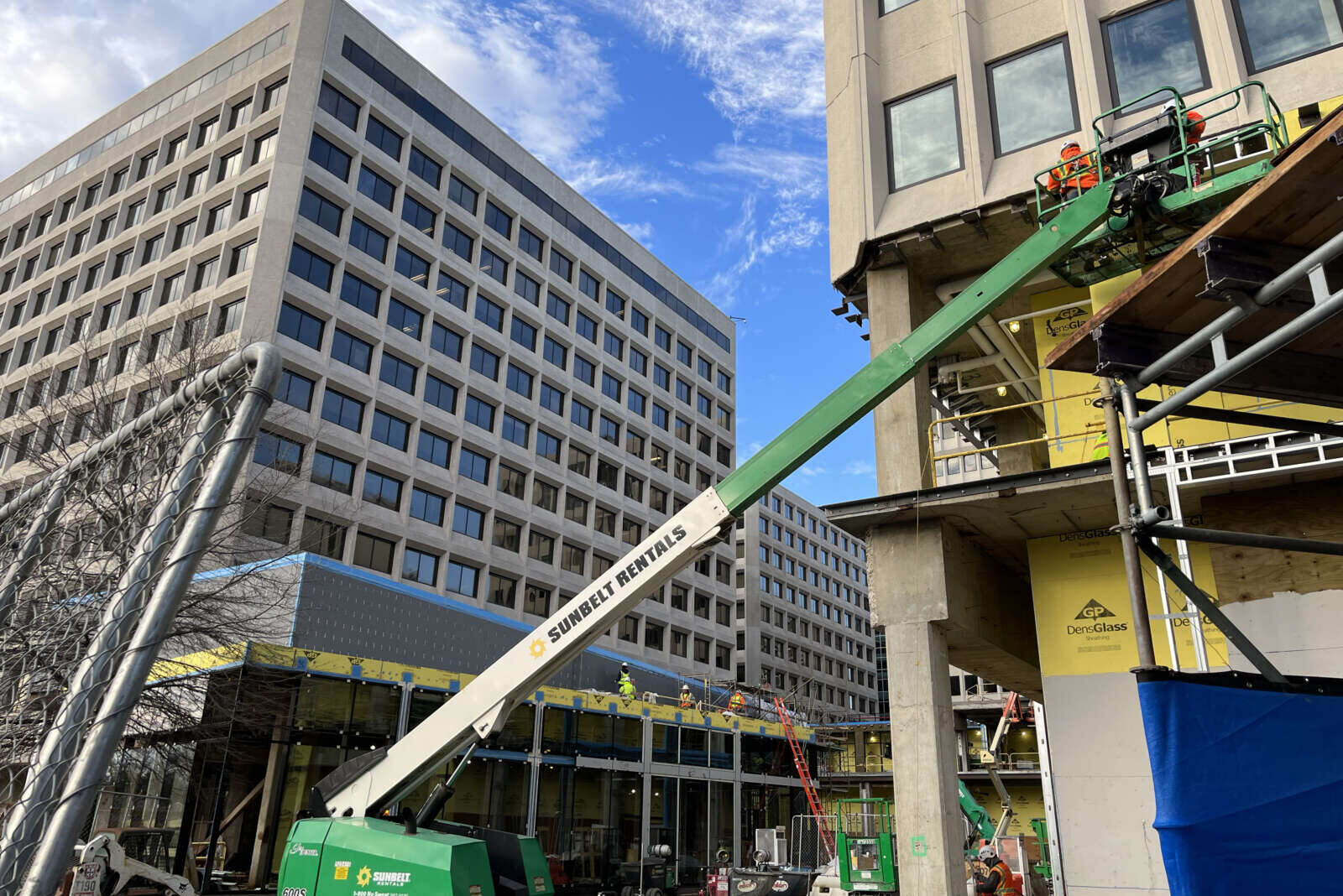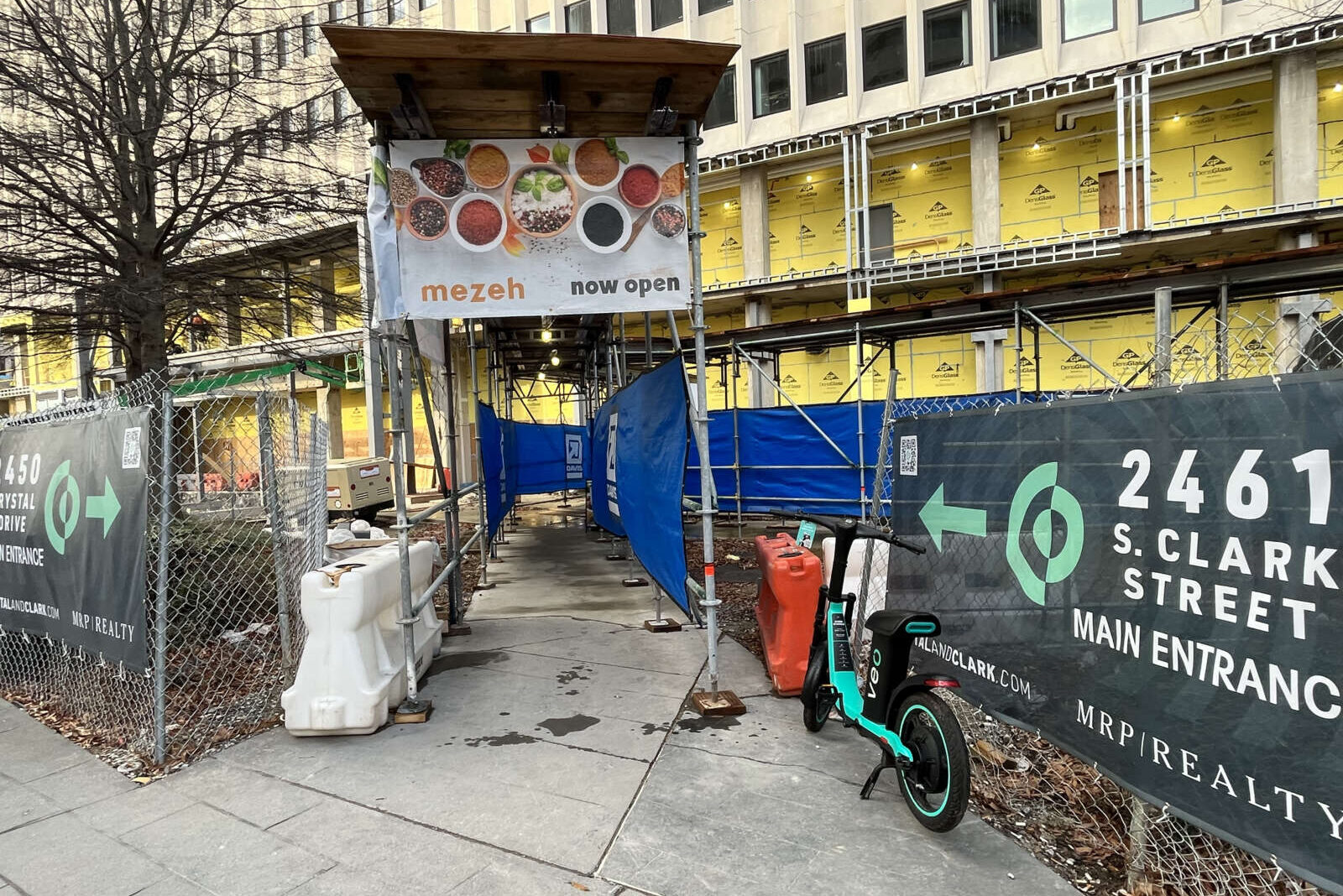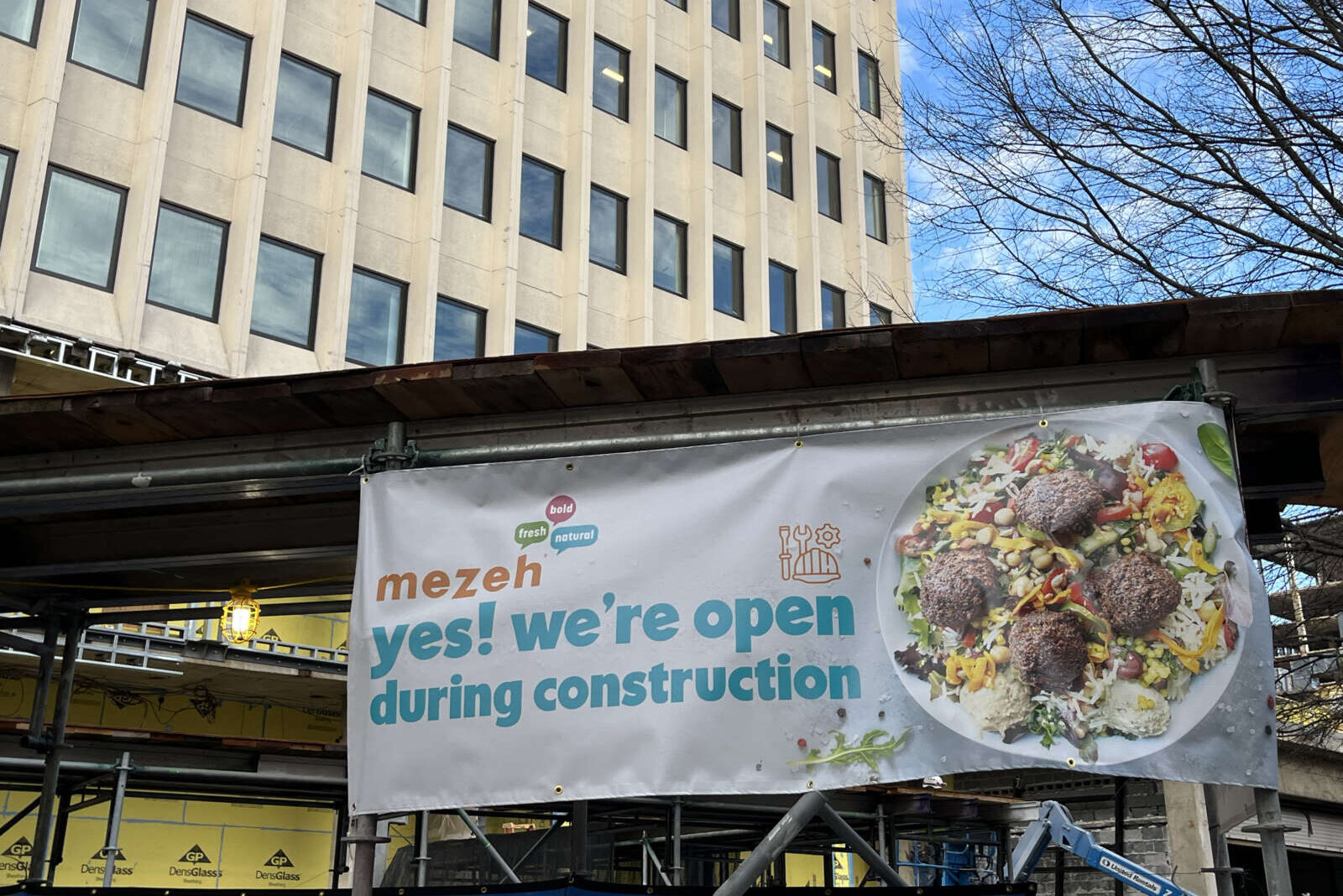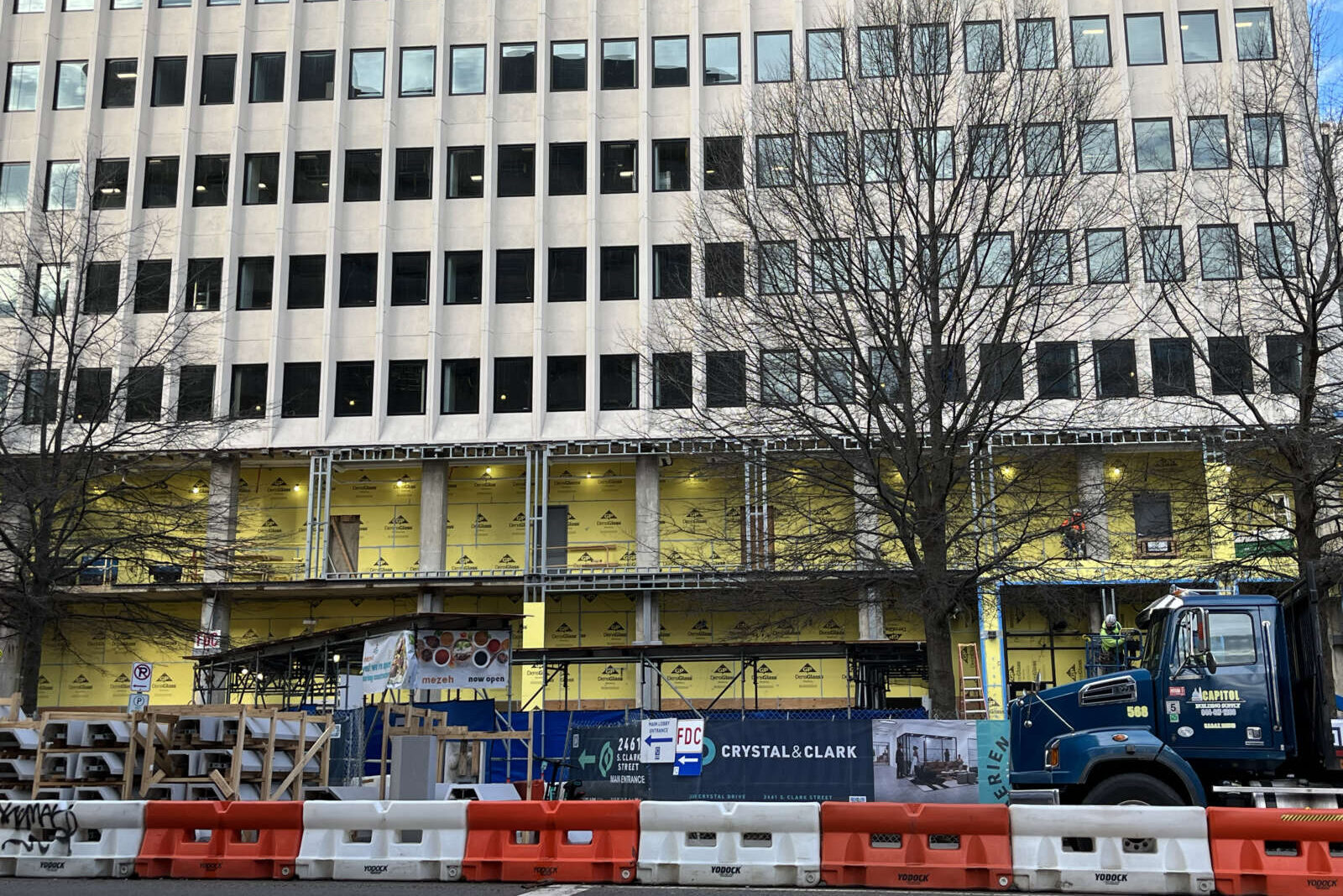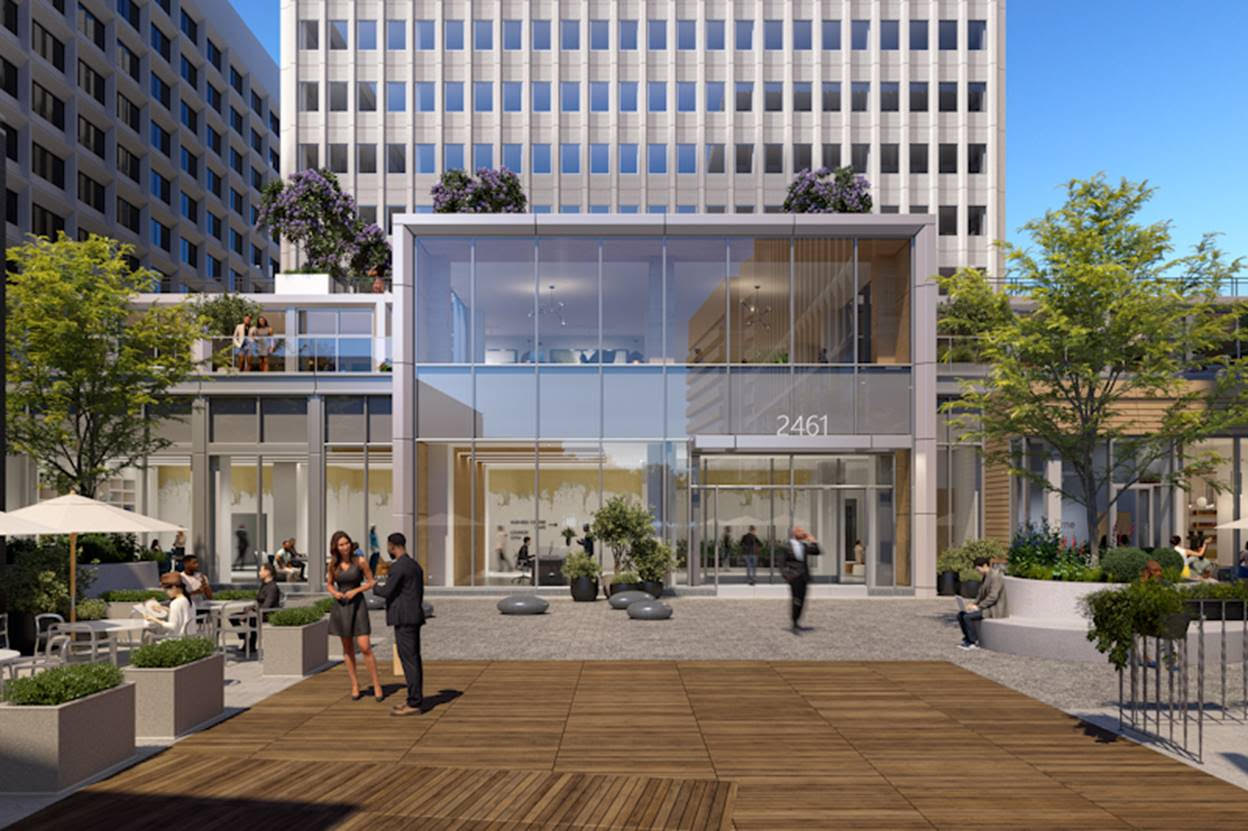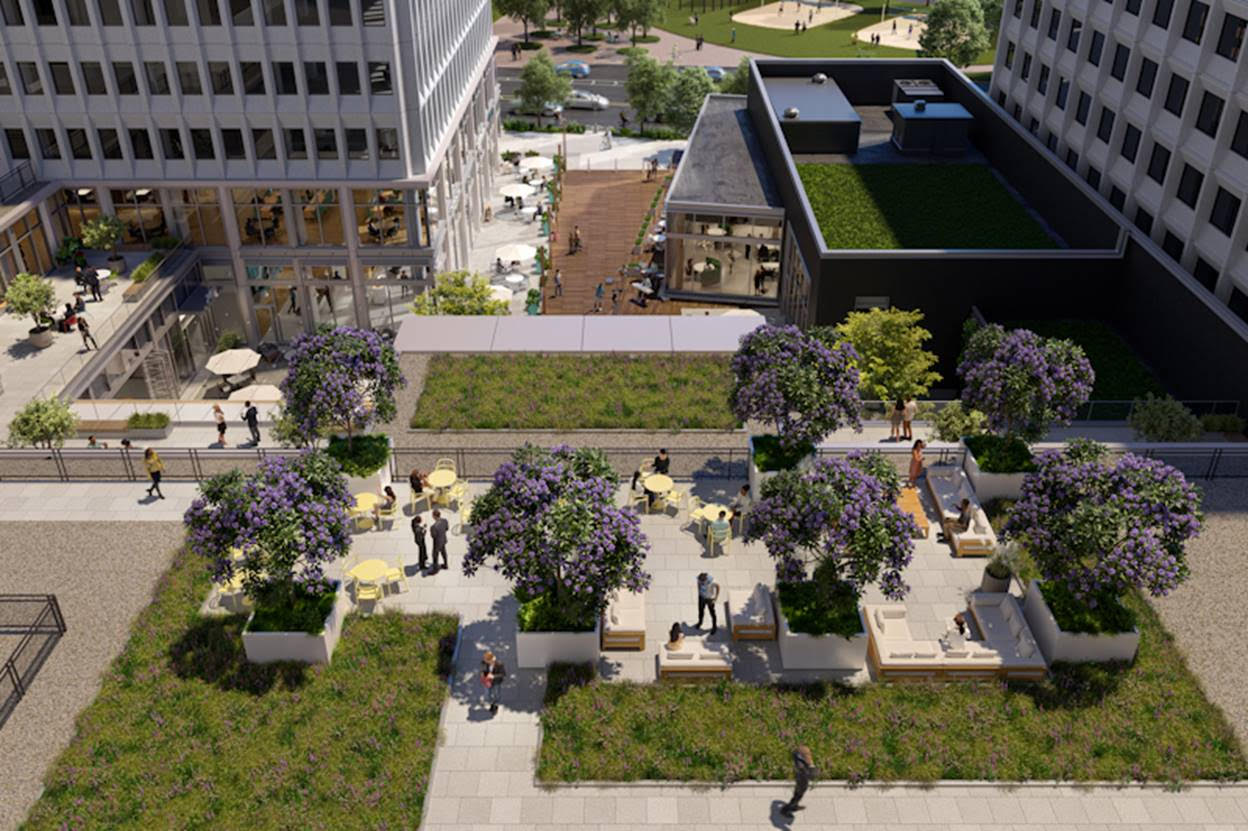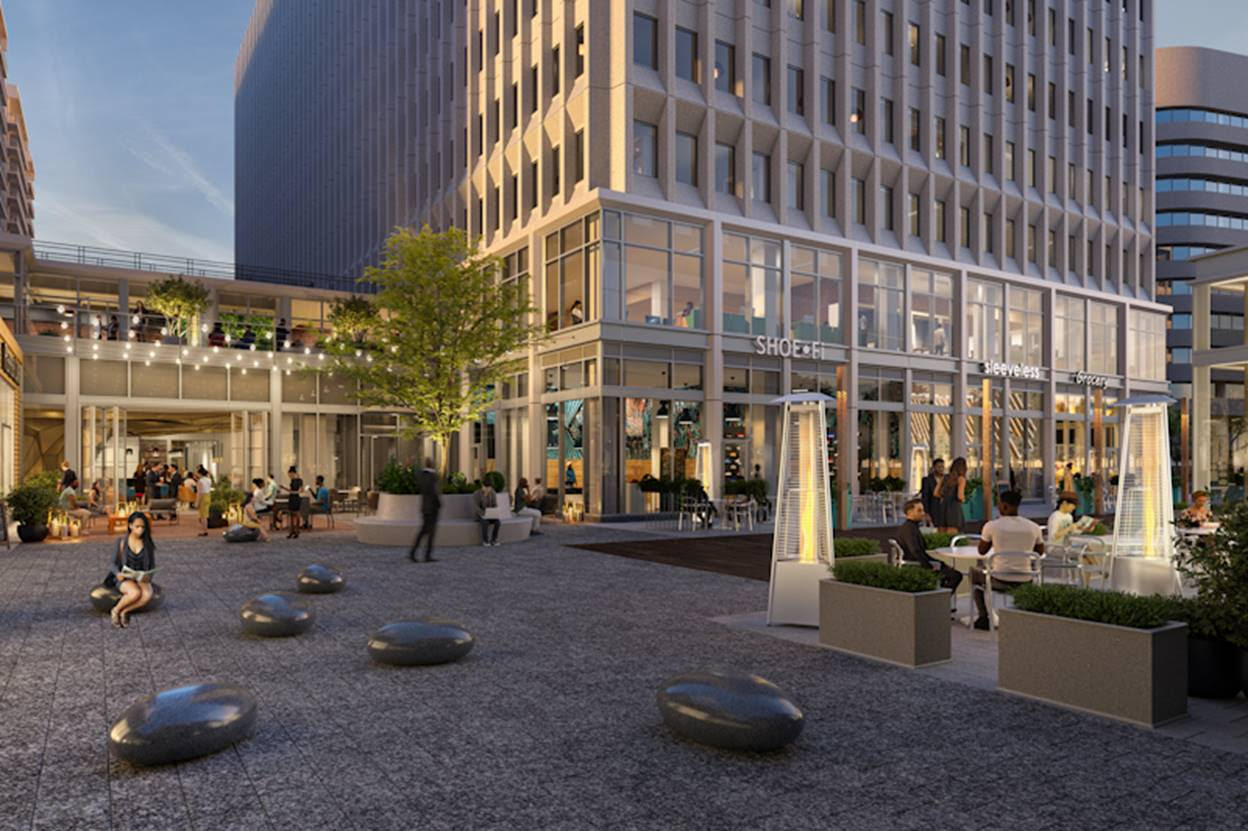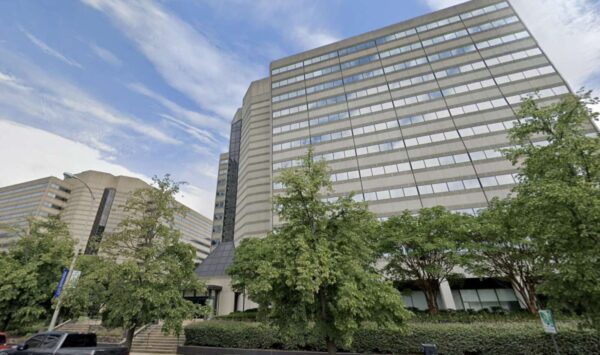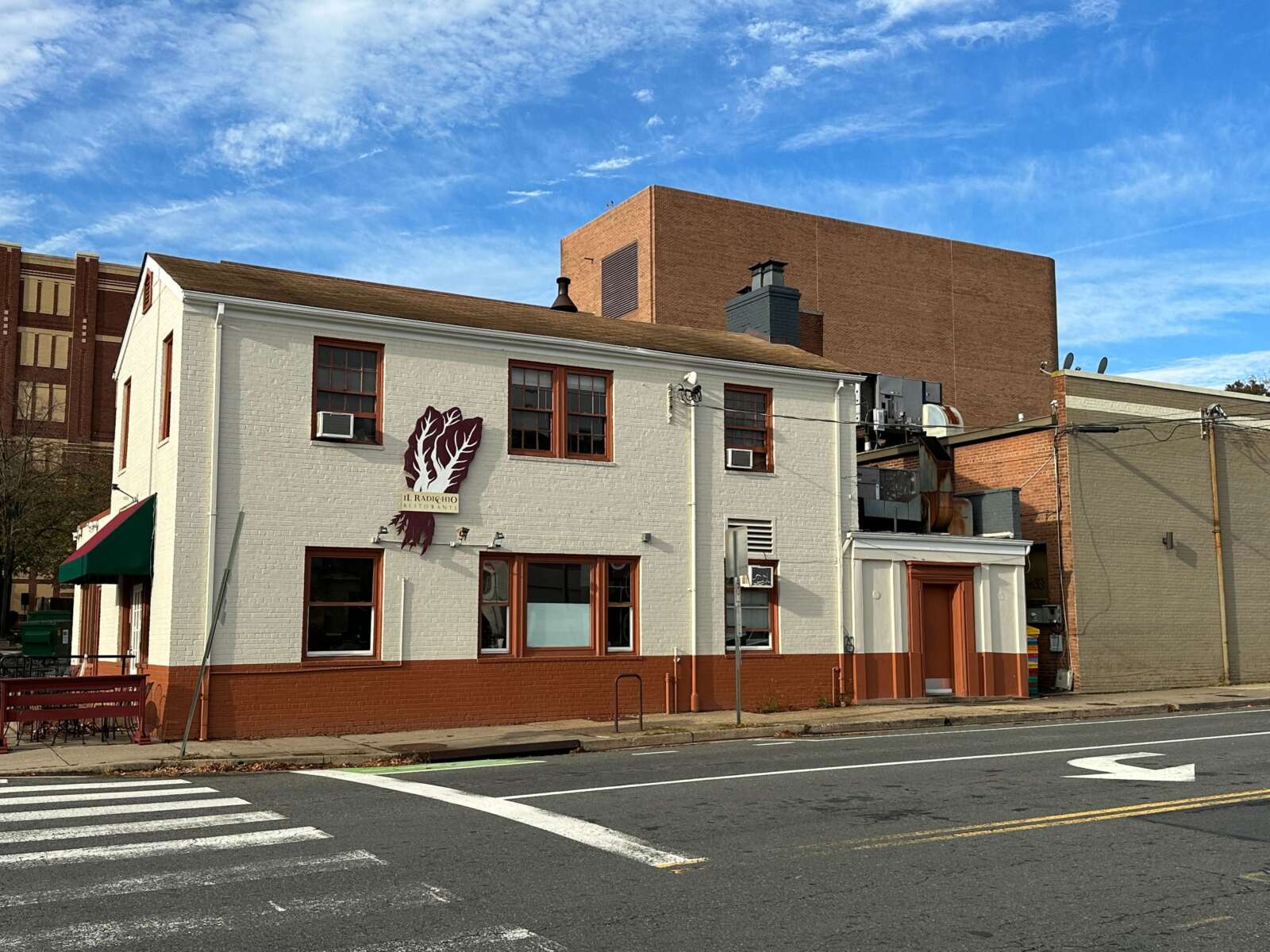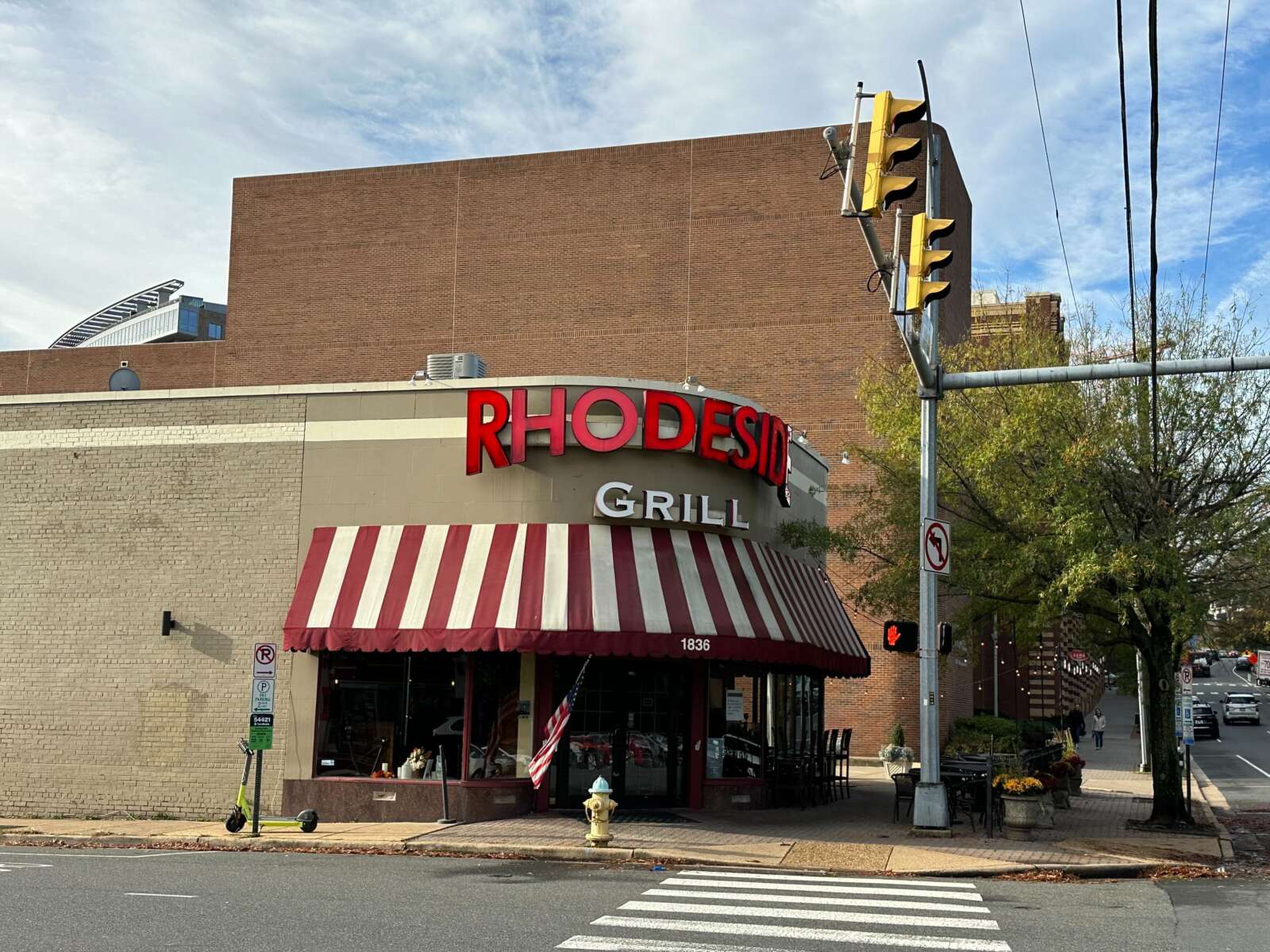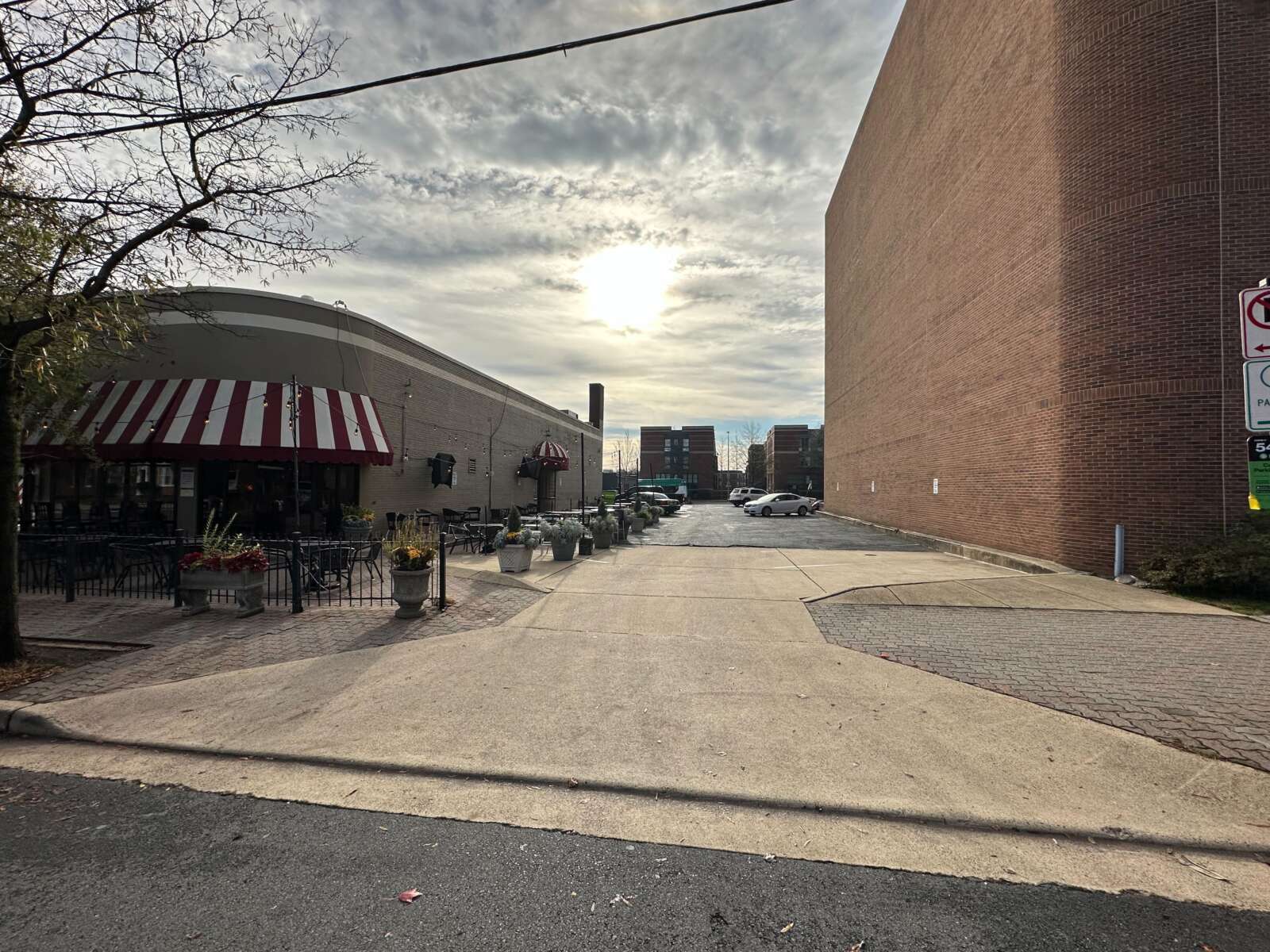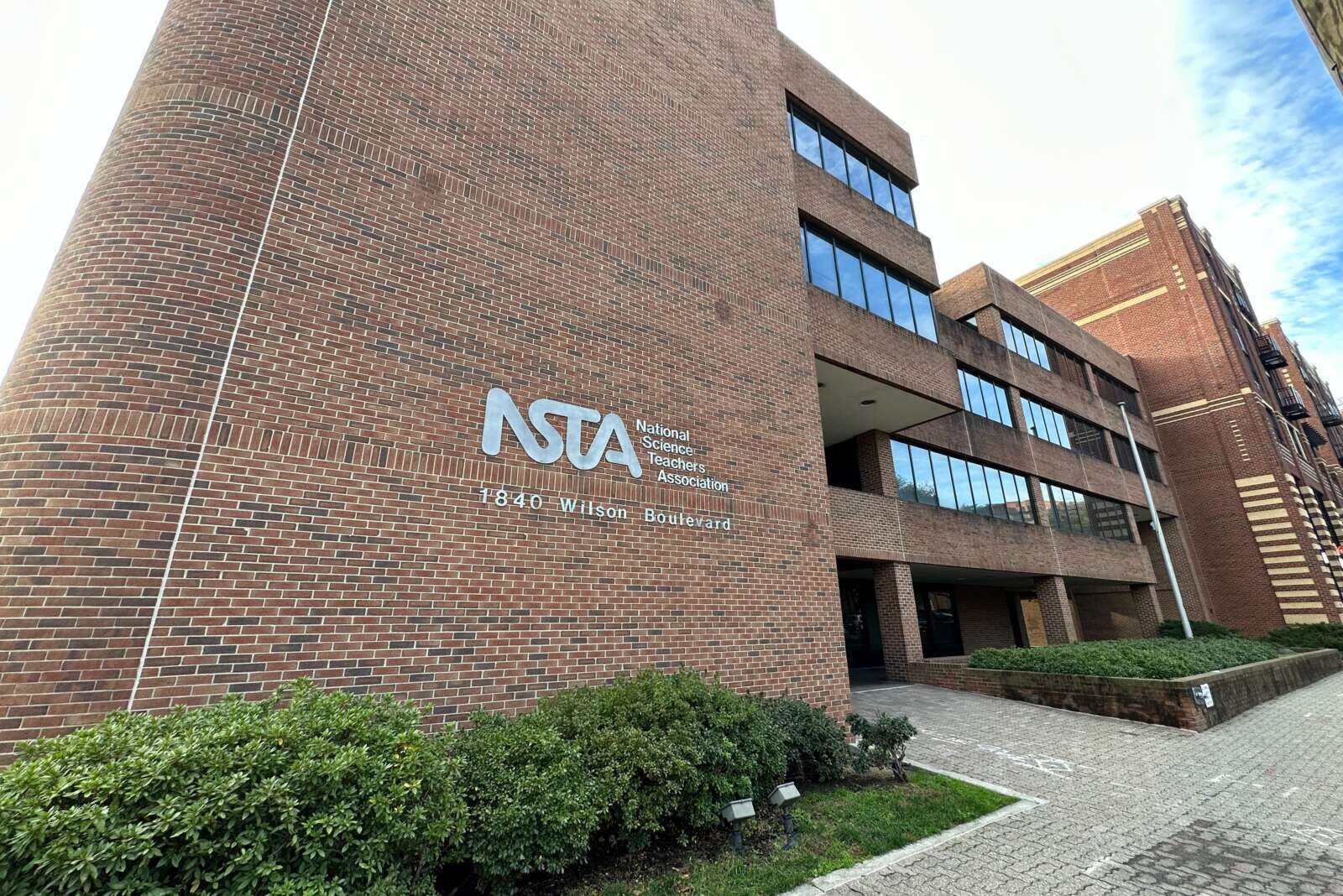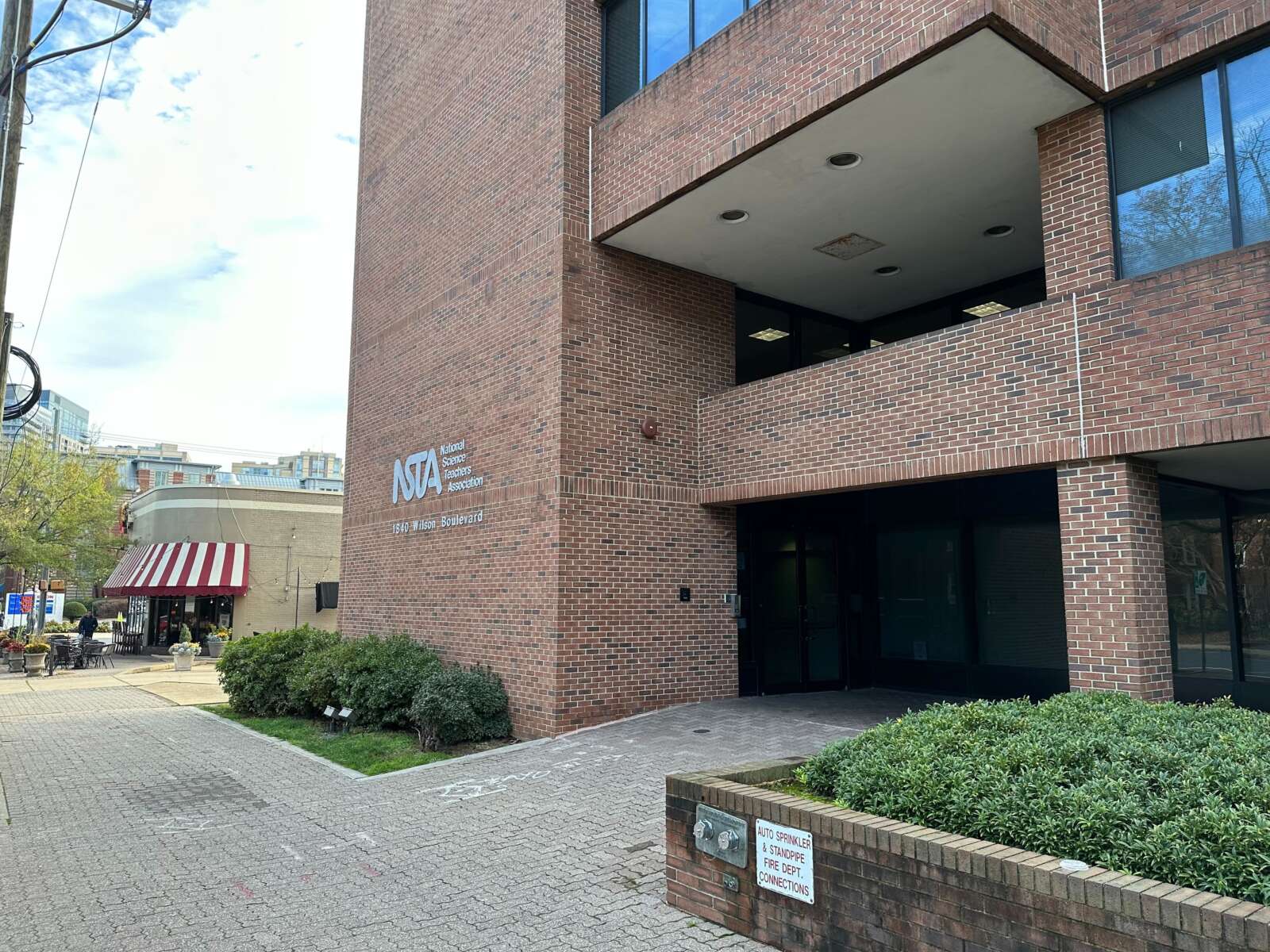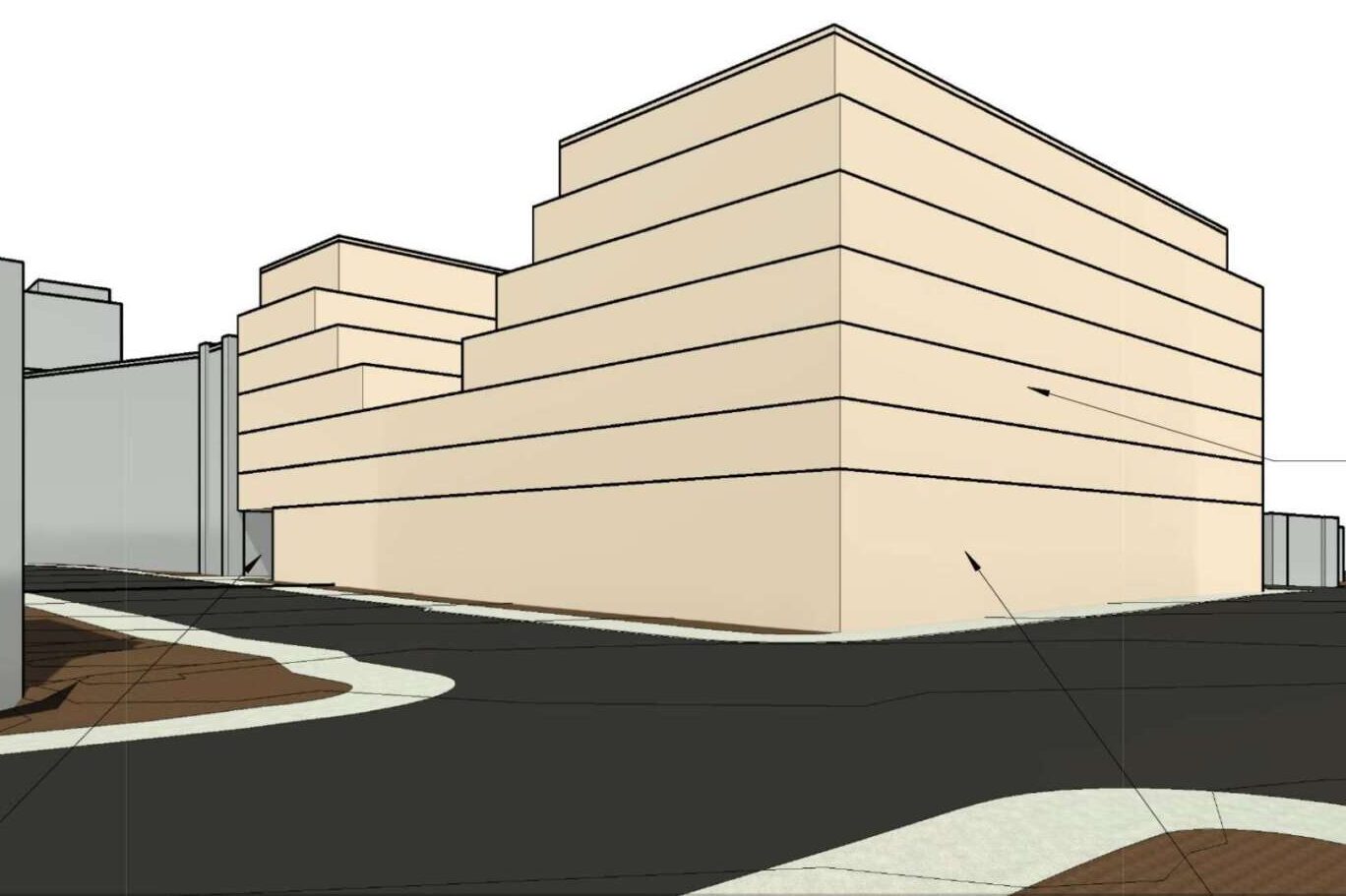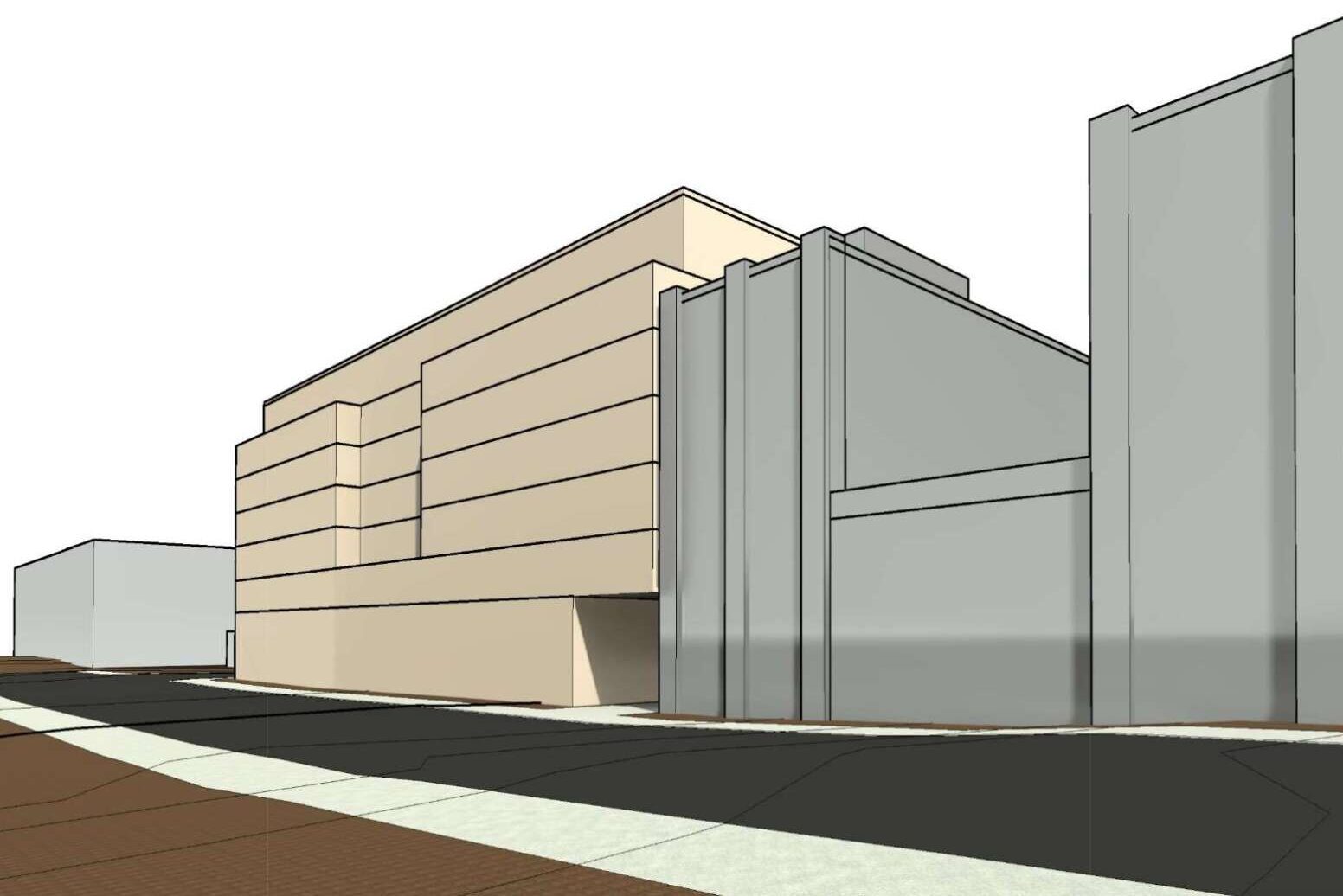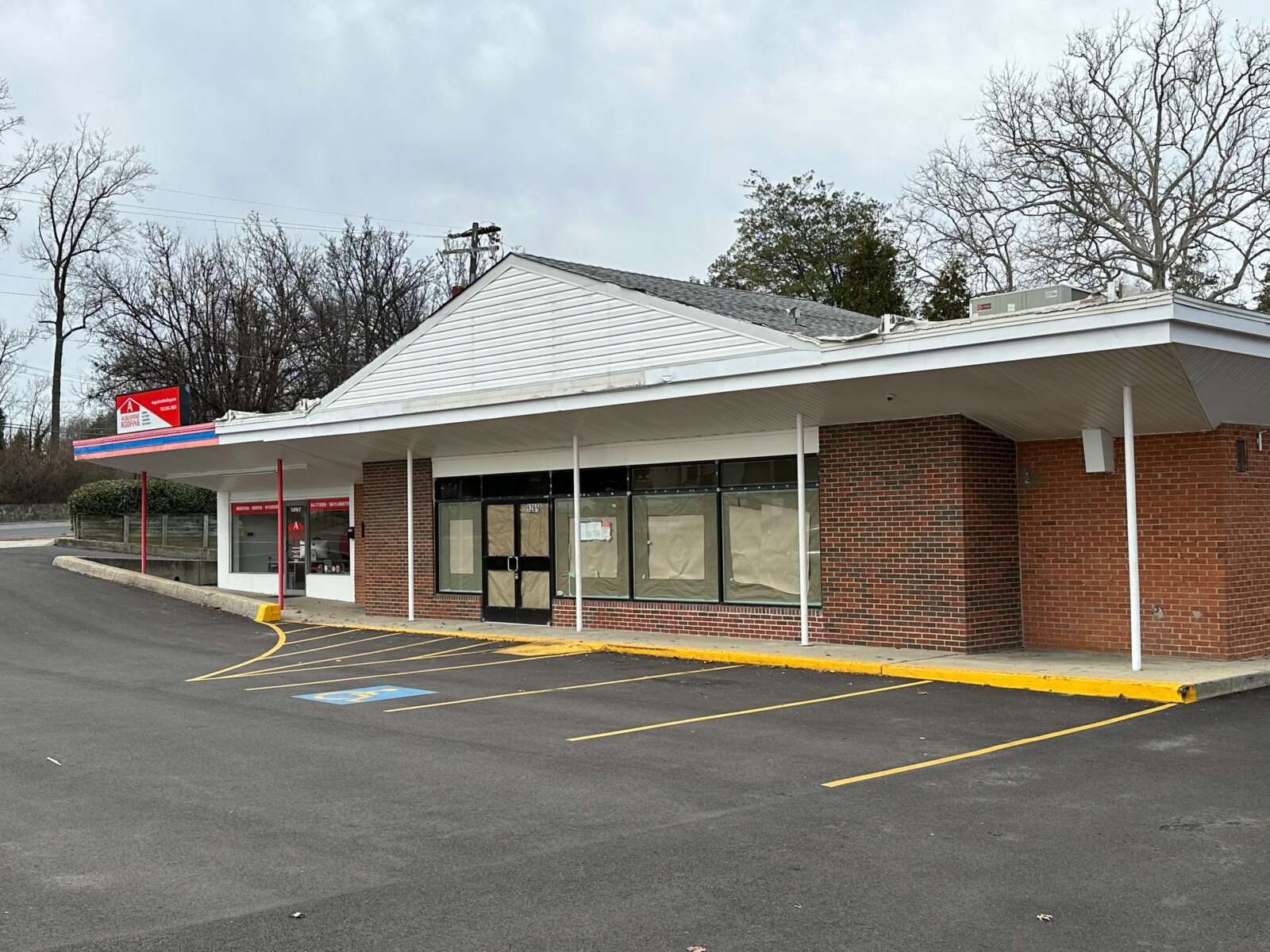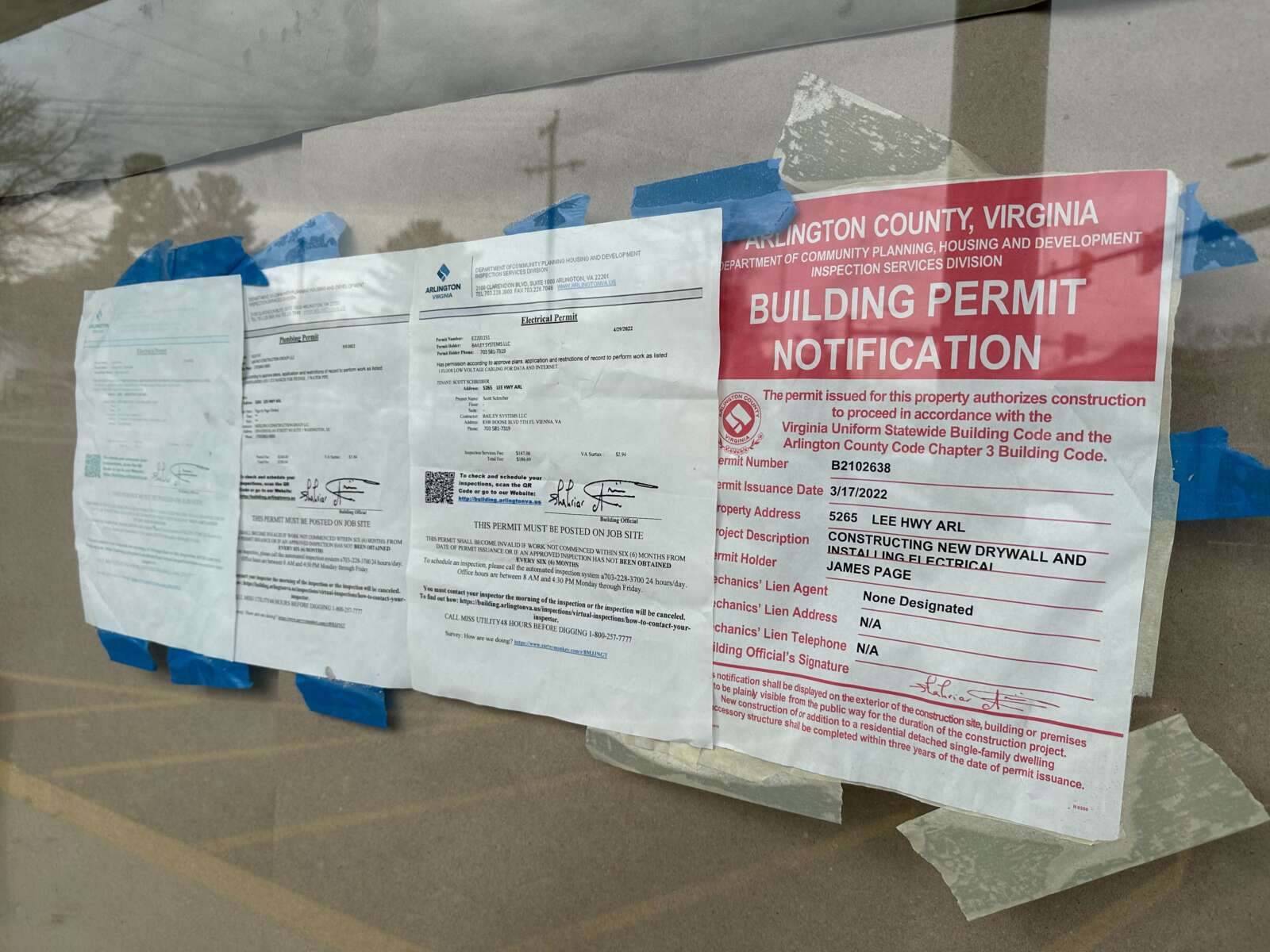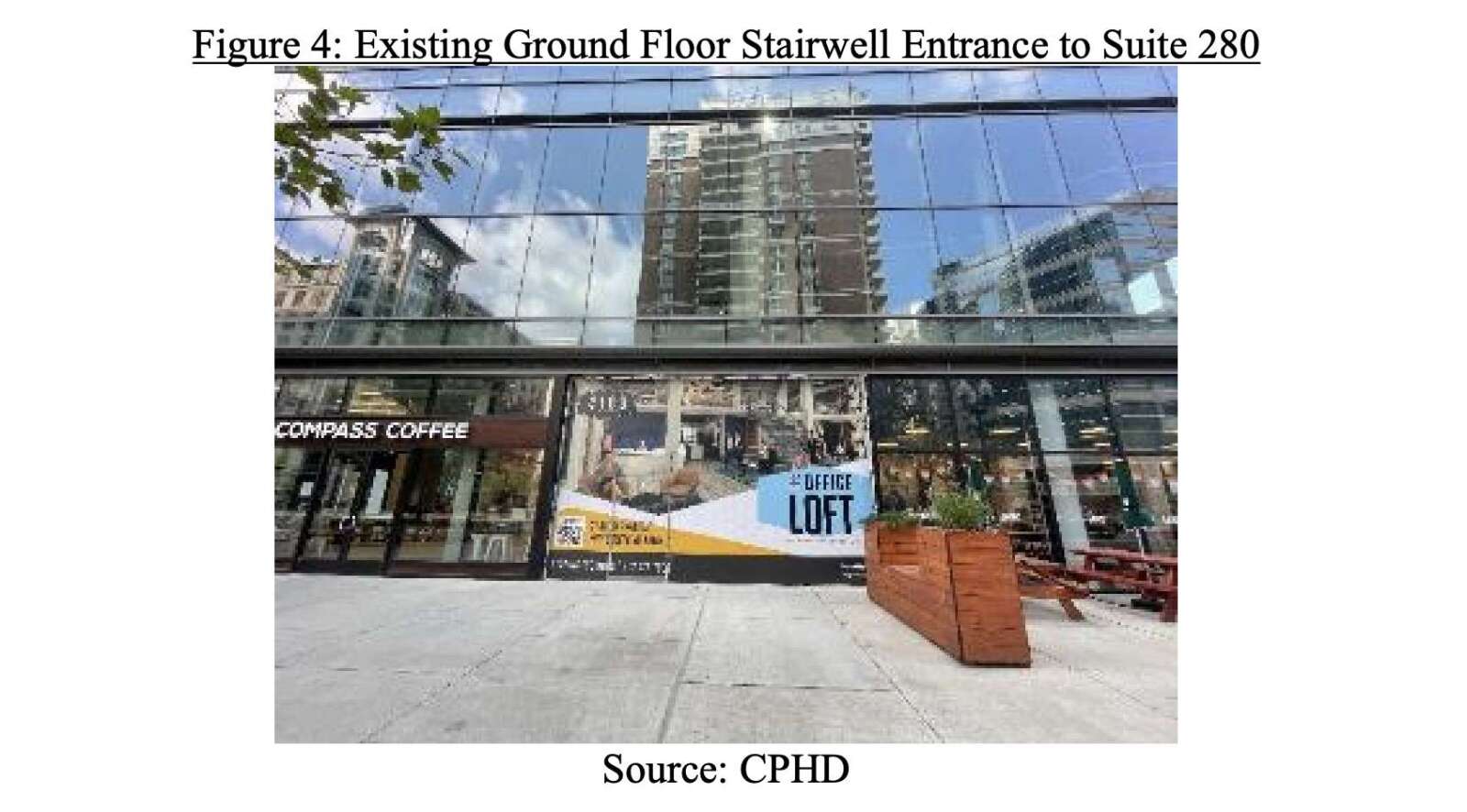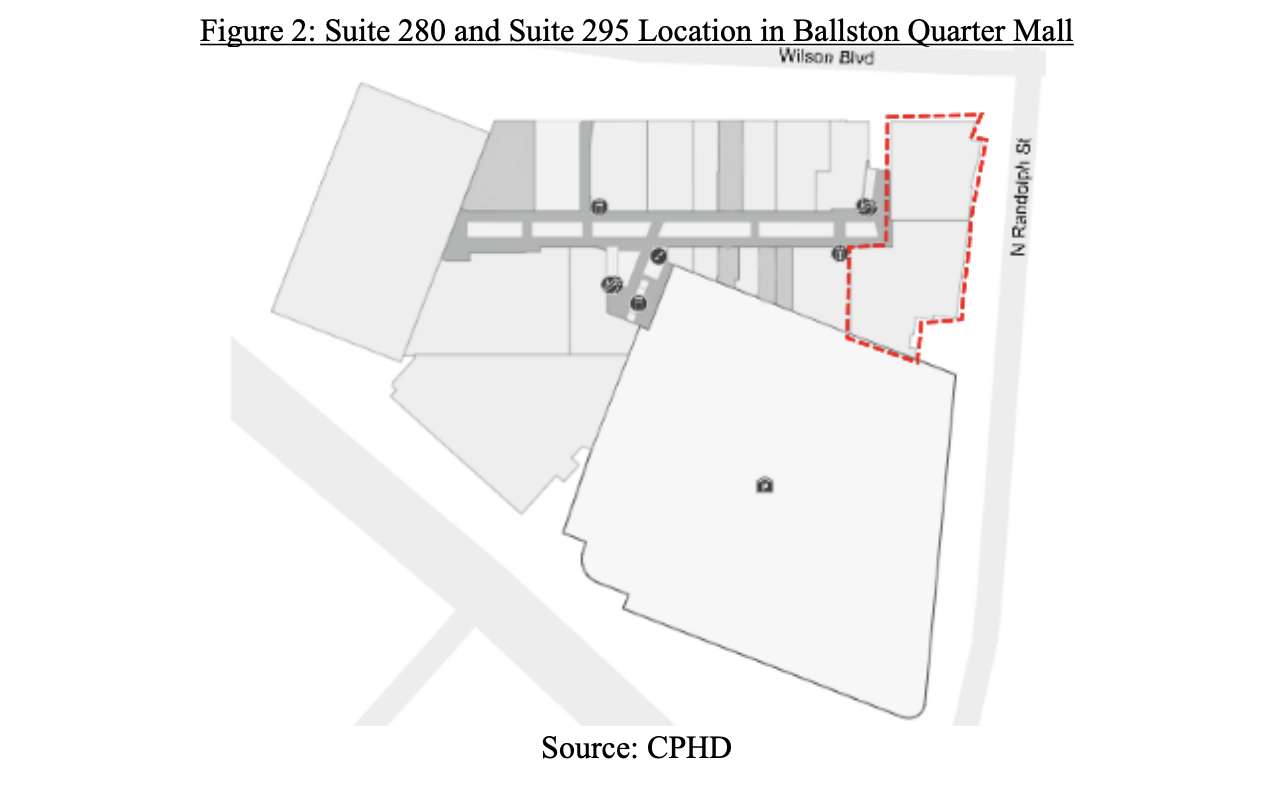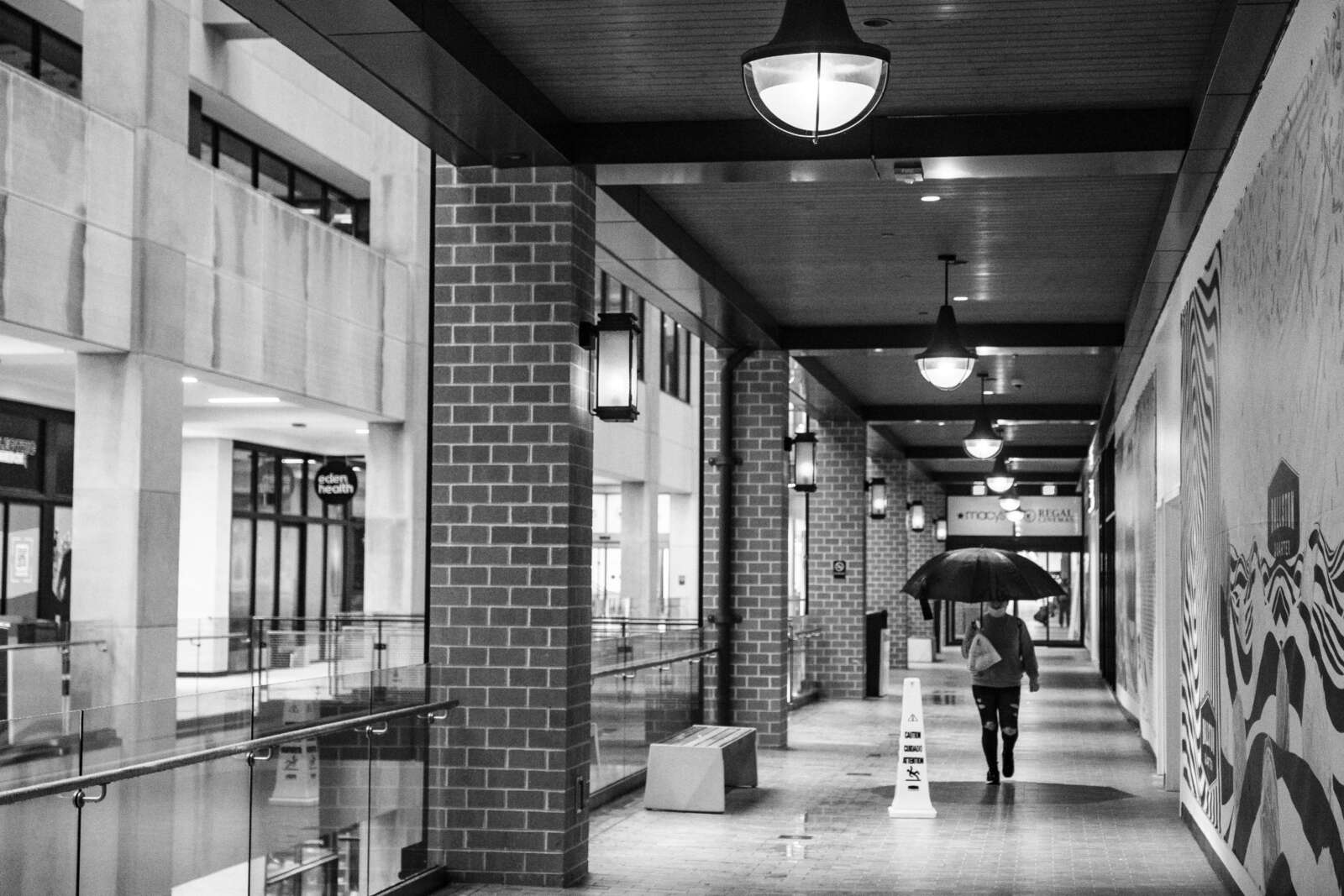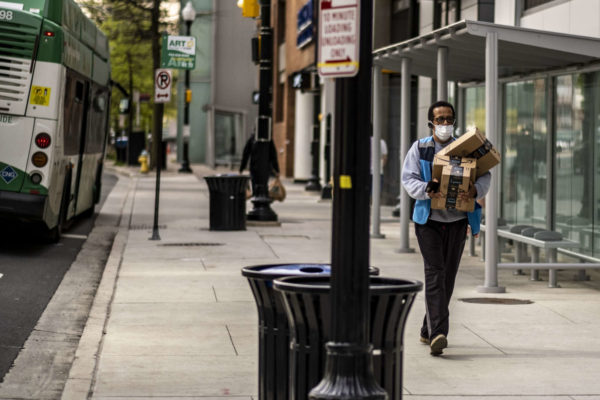
Currently, in Arlington County, a podcasting studio would need to go through a county permitting process to inhabit an office building.
But that is likely changing.
A proposal to allow more “untraditional” uses in traditional office buildings is headed to the Arlington County Board this weekend.
On Saturday, the Board is set to consider revising the zoning ordinance to allow broadcasting studios and businesses in the audio-visual production field to occupy commercial space by right. It is also expanding what counts as research and development while allowing those uses by right, too.
Under the changes, entrepreneurs would no longer need a permit to outfit an office for podcasting and influencer studios — Instagram-ready backdrops for people to take photos and record content.
Arlington’s extensive roster of cybersecurity and artificial intelligence startups, meanwhile, would no longer need a permit to conduct research and development. Facilities doing technological, electronic, biological, scientific and engineering research would be able to lease a typical office building in the same way as any other office tenant.
These businesses could also engage in small-scale product design, development, prototyping and testing. The changes will not allow industrial scale production or manufacturing.
Arlington Economic Development says these are some emerging trends it is looking to pounce to tackle its office vacancy rate and remain competitive in a changing economic landscape. Otherwise, it may lose out to peer cities, such as Seattle and Cambridge, Massachusetts.
“In the past, [AED] has had prospects come through looking for flexible research and development space to locate their semiconductor and microchip, cyber and quantum computing, as well as artificial intelligence and machine learning companies,” according to a county report. “However, the AED team was not always readily able to accommodate those prospects due to zoning barriers.”
“The competition for attracting research and development investment is fierce, the market for these uses is strong, and technological advances have allowed these uses to fit seamlessly into existing business districts,” it continued.
This is the fourth zoning code update headed to the County Board in 13 months under the “Commercial Market Resiliency Strategy.”
Through this strategy, the county established a streamlined public engagement process that expedited the approval process for these changes. Some Planning Commissioners have balked at the shortened engagement period and the nuisances that may arise.
Despite these misgivings, the strategy has already been used to allow micro-fulfillment centers, urban agriculture, breweries and distilleries, and artisan workshops to operate in office buildings, without additional red tape.
Most recently, the County Board approved a broader definition of by-right indoor recreation use, meaning pickleball courts and ax-throwing could be coming to an office building near you.


